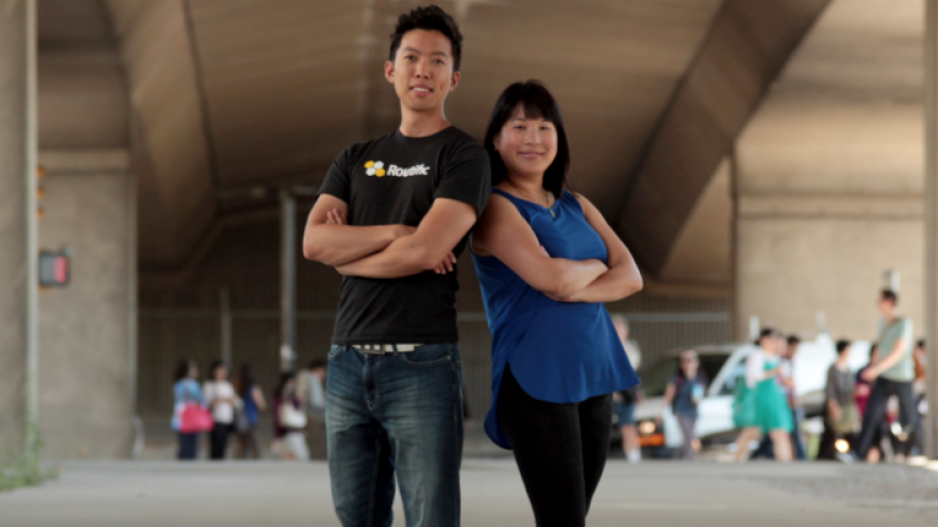What happened: New report reveals tangible impacts of route optimization technology
Why it matters: Businesses reliant on fleets are under further pressure to provide delivery services amid pandemic
Pressure is further mounting on delivery services to supply the necessities to Canadians as more heed advice from health officials to stay at home amid the COVID-19 pandemic, according to Marc Kuo.
The CEO of Routific Solutions Inc. sees large companies — those dependent on big fleets and with the resources to tap into technology to plan optimal routes — well positioned to weather the crisis.
But small businesses that may spend an hour or two manually planning their routes each morning will be at a significant disadvantage in the new reality of a pandemic, Kuo said.
“They’re going to see more and more demand from customers [amid COVID-19] and if they’re still manually route-planning, they’re going to feel the pain real quick,” Kuo said.
“If they have 20 orders a day, they can still figure it out. Once that jumps to 60 a day, they’re going to really feel the pain.”
But a March 25 report reveals the Vancouver-based tech company’s route optimization software has been effective at getting those smaller fleets off the road, to the point of reducing more than 500 companies’ greenhouse gas emissions by 11,322 tonnes in 2019.
That’s the equivalent of planting more than 500,000 trees.
“So in one year we basically saved the equivalent of planting the [entirety] of Stanley Park,” Kuo said.
The data in the report was reviewed by third-party environmental auditors at Offsetters Clean Technology Inc. as part of a due diligence process for Routific to nab a $1.8 million grant in cleantech funding from Sustainable Development Technology Canada.
“We often get skeptical customers who would challenge us,” Kuo said.
“And now we’re exposing transparently the data and the methodology, and you can conclude for yourself if this makes sense.”
Routific surveyed 11,246 businesses and found 72% still plan their routes manually using tools ranging from spreadsheets to pen and paper.
“That is a really, really big problem. Not just for themselves in terms of financially and being able to survive in this economy with changing consumer demands, but more importantly, it’s also … killing trees” Kuo said.
Routific works by allowing customers to drop spreadsheets full of addresses into the platform that then uses a specialized algorithm to assign routes to hired drivers.
And with the pandemic intensifying, Routific announced last week it would be offering its algorithm for free to non-profits helping with efforts to address COVID-19.




